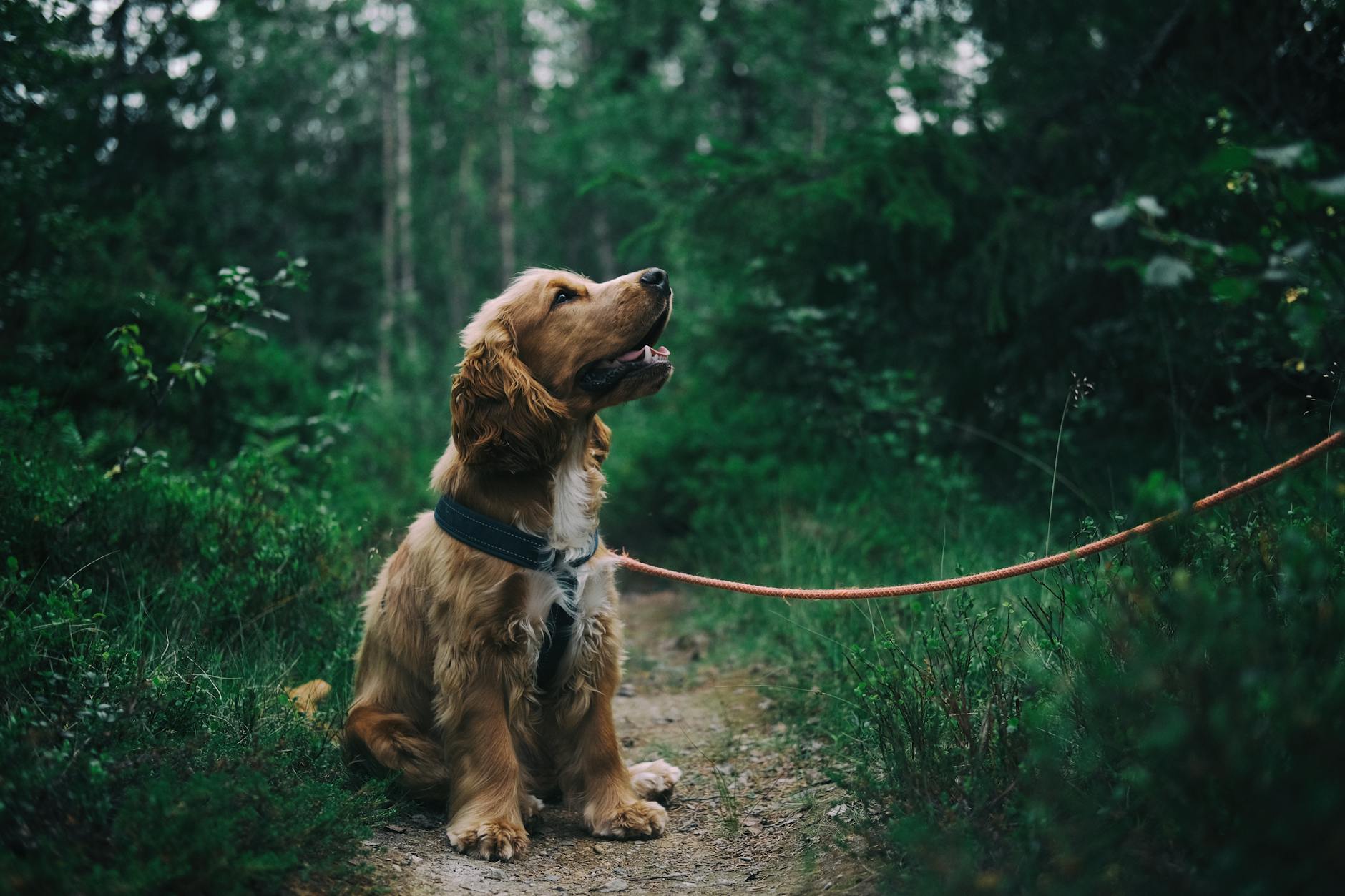Dogs often exhibit quirky behaviors that leave their owners puzzled, one of which is grass eating. This seemingly odd habit can have pet owners wondering about the underlying reasons and potential health implications. Understanding why dogs eat grass can help you better care for your furry friend and address any related health concerns.

Theories Behind Grass Eating
- Dietary Needs One prevalent theory is that dogs eat grass to fulfill unmet dietary needs. Grass is a source of fiber, which can aid in digestion. Just like their wild ancestors, modern dogs might instinctively consume grass to help with their digestive processes or to obtain nutrients that might be lacking in their regular diet. This behavior is particularly noted in dogs whose diets might be deficient in certain vitamins, minerals, or fiber .
- Gastrointestinal Relief Another common explanation is that dogs eat grass to relieve gastrointestinal discomfort. Some dogs may eat grass to induce vomiting when they are feeling unwell. This self-medicating behavior can help them expel something that’s causing digestive upset. Studies have observed that dogs often appear to feel better after eating grass and subsequently vomiting, suggesting a link between this behavior and digestive relief .
- Behavioral Reasons Beyond physical health reasons, grass eating can also be attributed to behavioral factors. Dogs might eat grass out of boredom, anxiety, or simply because they enjoy the taste and texture. This behavior can also be a remnant of their wild ancestors who consumed entire prey, including the stomach contents of herbivores, which included grass and plants . Understanding your dog’s environment and emotional state can provide insights into this behavior.
Is Grass Eating Harmful?
For the most part, occasional grass eating is not harmful to dogs. However, there are potential risks, especially if the grass has been treated with pesticides or herbicides, which can be toxic to pets. It’s essential to ensure that any grass your dog has access to is free from harmful chemicals. Additionally, while eating grass occasionally is normal, excessive grass eating might indicate an underlying health issue that requires veterinary attention .
How to Manage Grass Eating
- Dietary Adjustments Ensuring that your dog receives a balanced diet can reduce the urge to eat grass. Including high-quality dog food that meets all their nutritional needs is crucial. Adding fiber-rich foods like carrots, green beans, or specially formulated supplements might also help curb this behavior .
- Environmental Control Providing safe alternatives can satisfy your dog’s grazing habit. Consider growing a small patch of pet-safe grass or providing chew toys and other distractions. Ensure that your yard and any areas where your dog plays are free from harmful chemicals and toxic plants .
- Behavioral Interventions If boredom or anxiety is driving your dog to eat grass, increasing their physical activity and mental stimulation can help. Regular exercise, interactive toys, and training sessions can keep your dog engaged and reduce the likelihood of grass eating. Training techniques that discourage grass eating, such as positive reinforcement for avoiding grass, can also be effective .
When to Consult a Veterinarian
While occasional grass eating is usually harmless, it’s important to consult a veterinarian if your dog exhibits other signs of illness such as frequent vomiting, diarrhea, lethargy, or a sudden increase in grass eating. These could be indications of more serious health issues that require professional attention. Regular check-ups and preventive care are crucial to ensure your dog’s overall health and well-being .
Understanding the reasons behind your dog’s grass eating can help you ensure they are healthy and happy. Whether it’s due to dietary needs, digestive relief, or behavioral reasons, addressing the underlying causes and taking preventive measures can mitigate this behavior. Always keep an eye on any changes in your dog’s habits and consult your vet when necessary to maintain their well-being.
